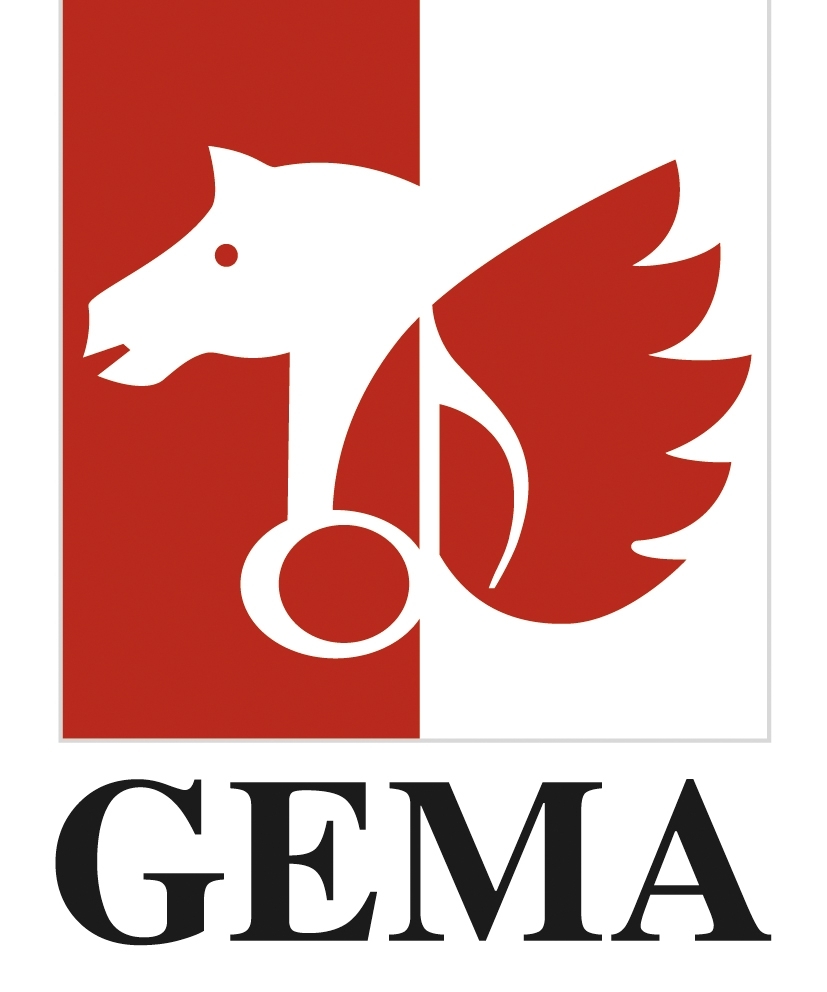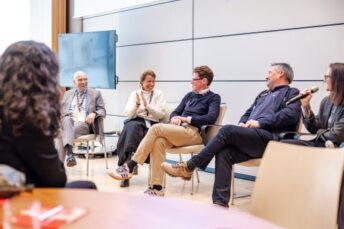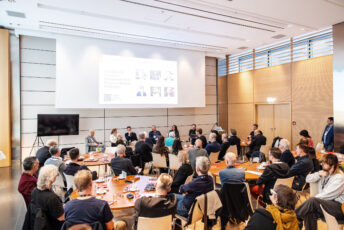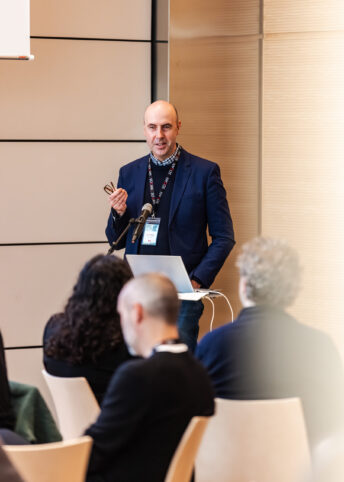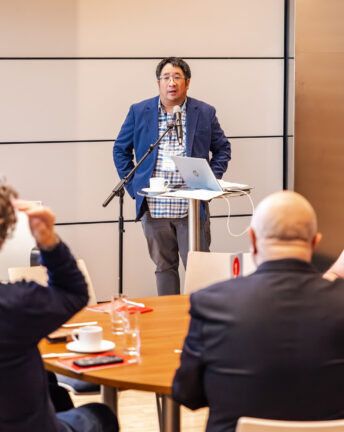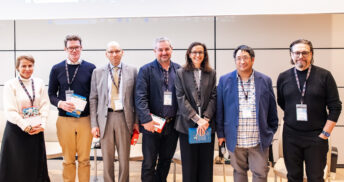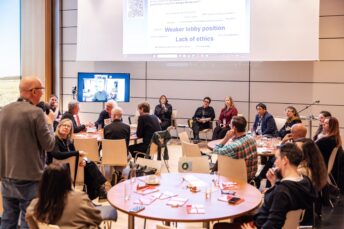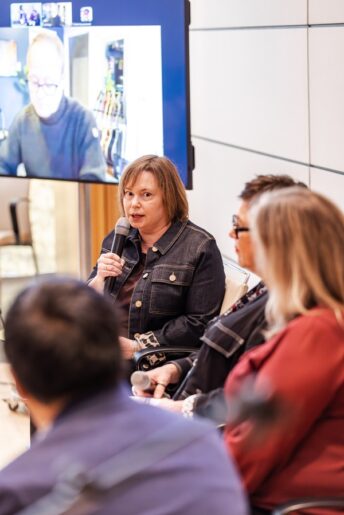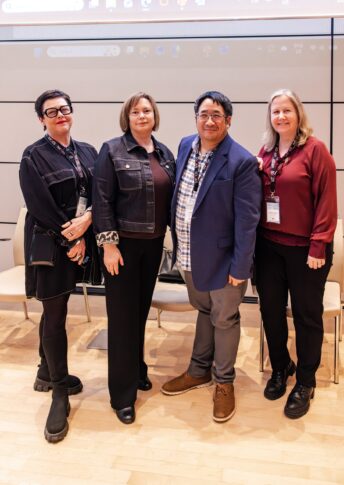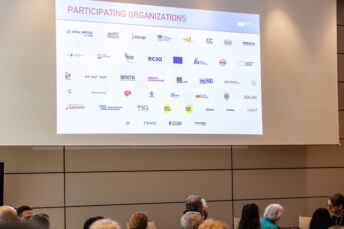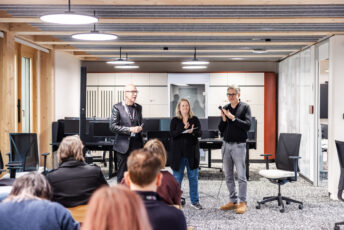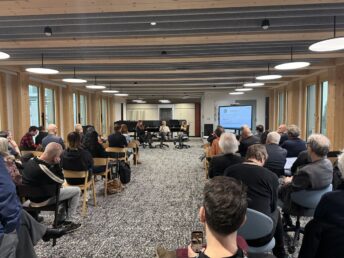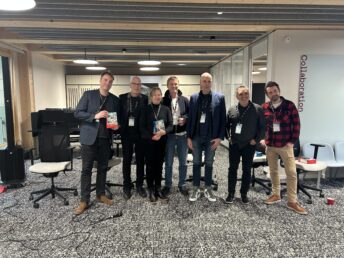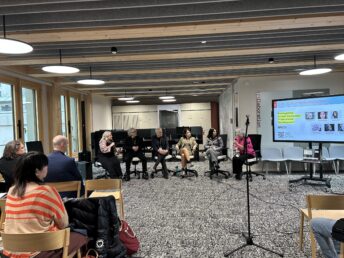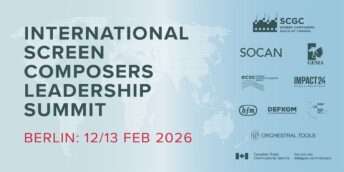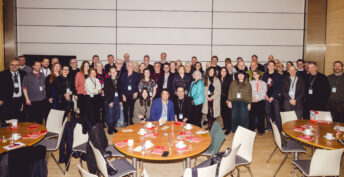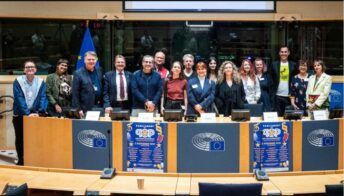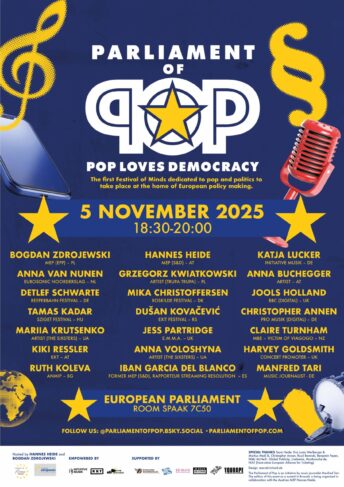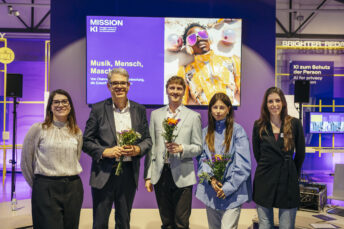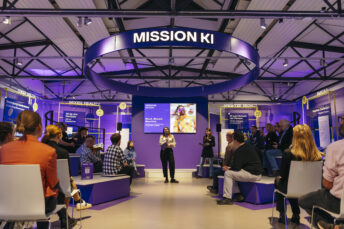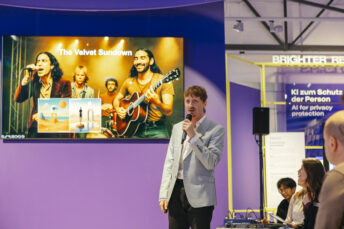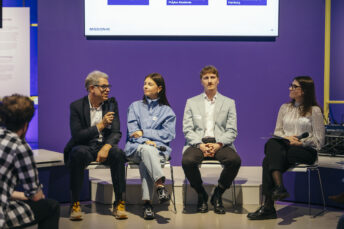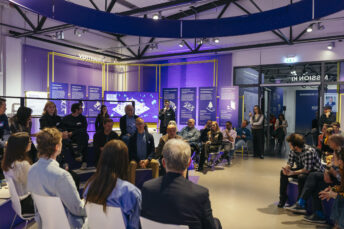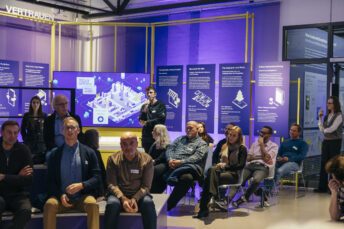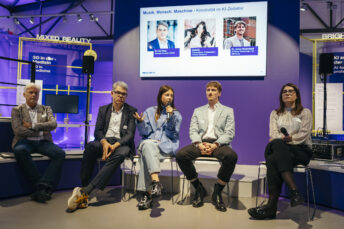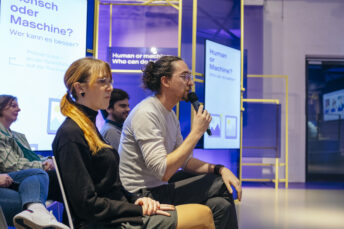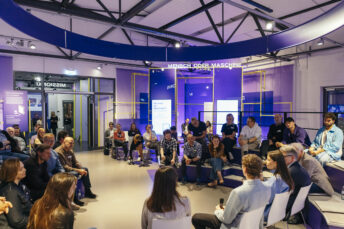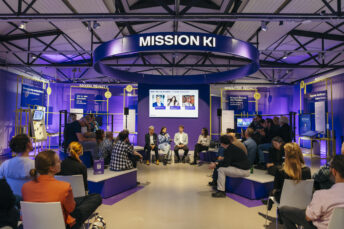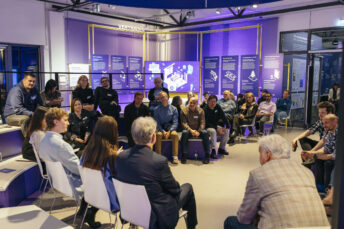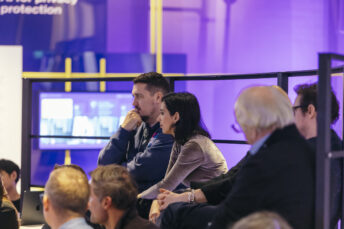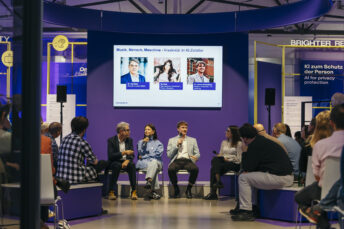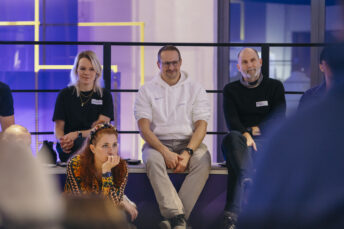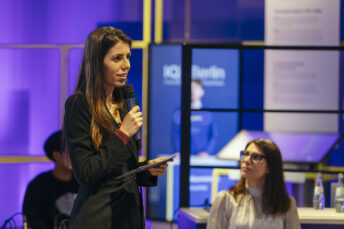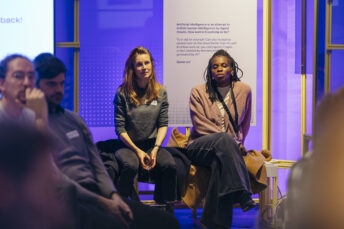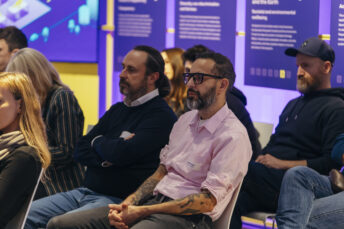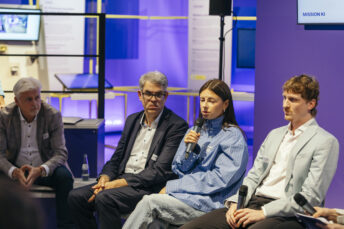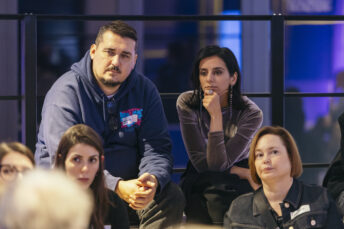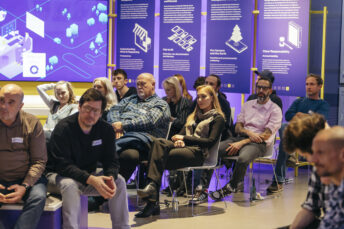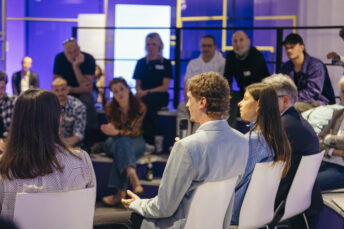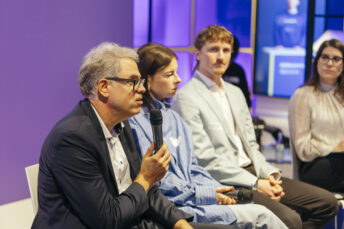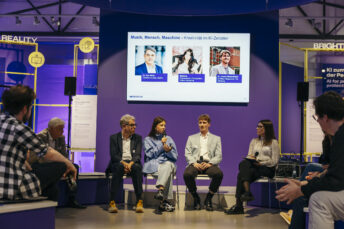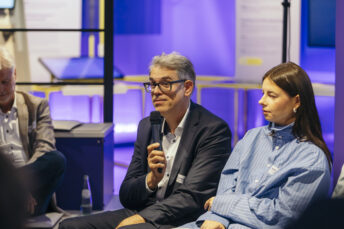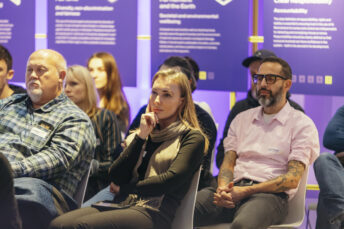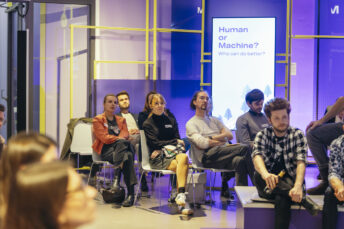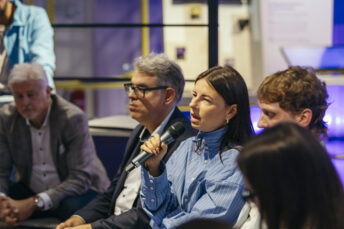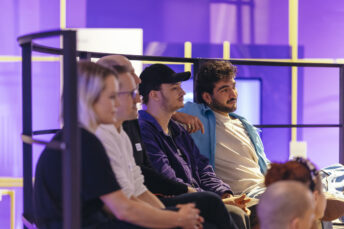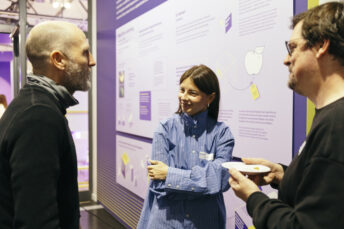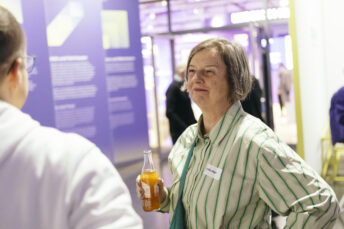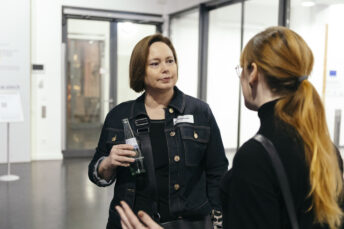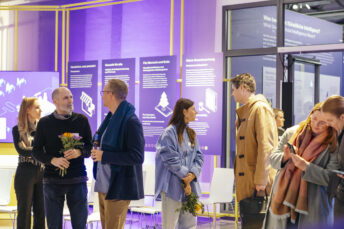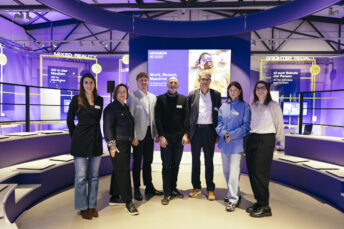
GEMA launches AI charter: Protection and promotion of human creativity in the era of generative AI
GEMA introduced its AI charter today. It defines ten ethical and legal principles for a fair and sustainable interaction between human creativity and generative artificial intelligence. The AI charter is intended to be thought-provoking and a set of guidelines for a responsible approach to generative AI that respects and protects the rights of creators.
“Generative AI provides opportunities but also carries significant risks for the rights and livelihoods of creators. In our understanding, human creativity is at the centre and the use of musical works created by people in the context of generative AI must be dealt with in a transparent manner and must attract fair pay. This is what we highlight with our AI charter”, emphasises Dr. Tobias Holzmüller, GEMA CEO.
In view of the rapid development in the generative AI sector, which is always based on creative performance by human beings, the GEMA AI charter includes core principles such as the protection of intellectual property, a fair participation of the creators in the value chain but also sustainability, transparency and responsibility on the side of the AI providers.
For Dr Ralf Weigand, Chairman of the GEMA Supervisory Board, GEMA’s AI Charter provides a forward-looking framework: ‘We creatives have frustratingly become accustomed to the fact that every few years, business models worth billions come onto the market that use our works without allowing us to participate in the value creation. In the high-speed development in connection with generative AI, it is therefore all the more important to remember why a fair remuneration for creatives is inevitable and on what basis AI services are able to generate their output in the first place: it is the results of human creativity!’
Technological progress should not lead to a situation where those who make it possible are the first to lose out, Weigand continued. ‘Unfortunately, the creative minds were not involved at an early stage again. Instead, we were presented with a fait accompli in which our works were used massively for training purposes over a period of years. If generative AI is to be an overall enrichment, then it should not be at the expense of the creators.’
It is a key concern for GEMA to promote the discussion about a responsible approach to generative AI and a fair remuneration of the creators who have provided the basis for this technology with their work and to channel the transformative power of this technology constructively. “The profound effect on economy, culture and society is already clearly noticeable today. Our charter puts the creative individual in the centre and therefore creates the prerequisites for real innovation and sustainability under fair circumstances. It is also an impulse for a wide-ranging dialogue in society, both about how to deal with generative AI in a responsible manner and about the role of human creativity in a digitalised world. We invite all who are interested to actively participate in this discussion. We must create an understanding that promoting digital humanism for a sustainable and creative future is not only necessary but indispensable,” says Dr. Tobias Holzmüller.
As early as at the end of September, GEMA, as the first collective management organisation in the world, introduced a licensing model, “Two columns, one goal: Effective AI licensing for a fair participation of music creators for generative artificial intelligence (AI).” The objective of the model is a fair participation of the music creators if their works are reused for training the systems, for generating new AI songs or as part of AI-generated music content.
In Germany, GEMA represents copyrights for over 95,000 members (composers, lyricists and music publishers), and over two million copyrights owners from all over the world. It is one of the largest societies for creators of musical works in the world.
